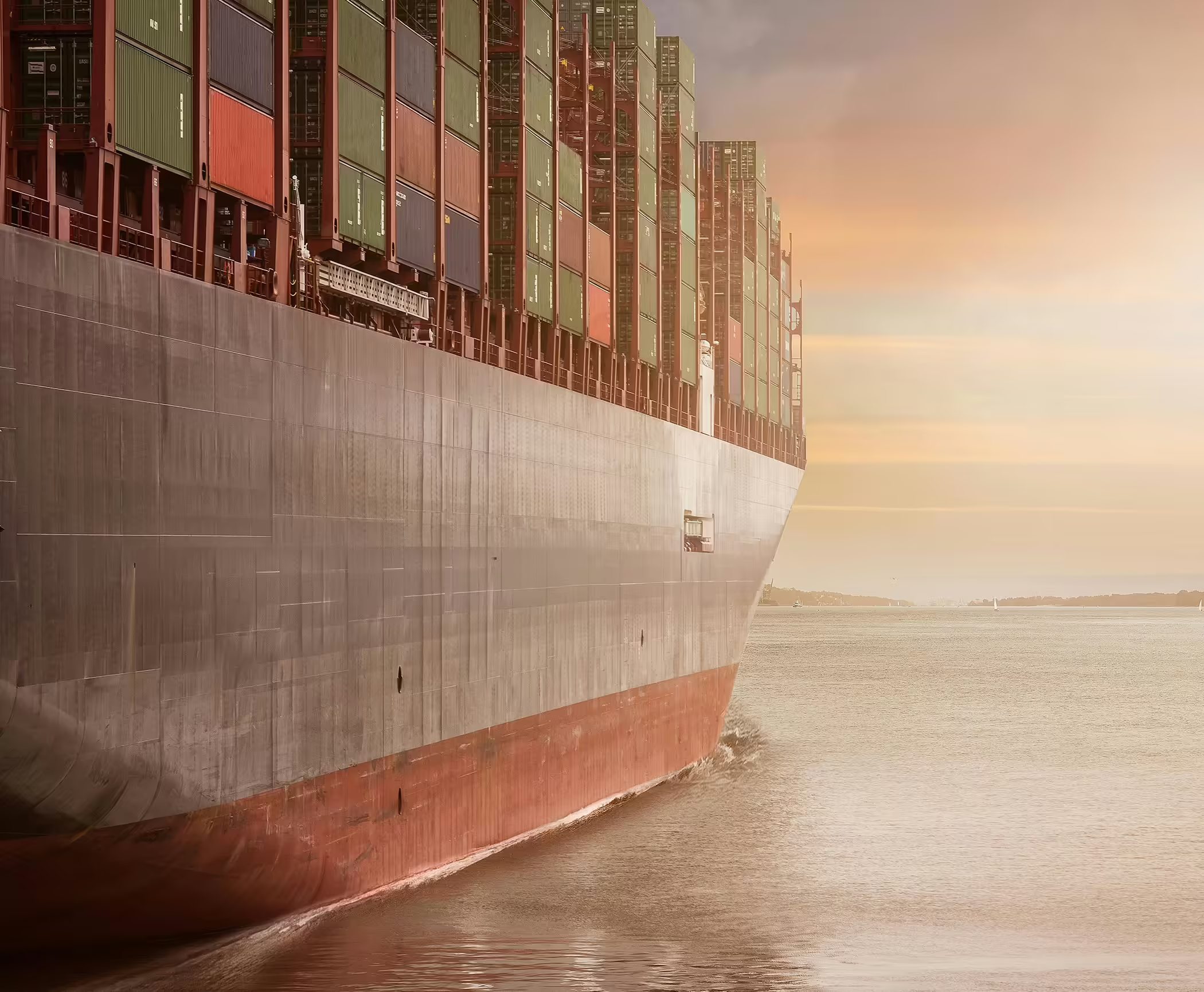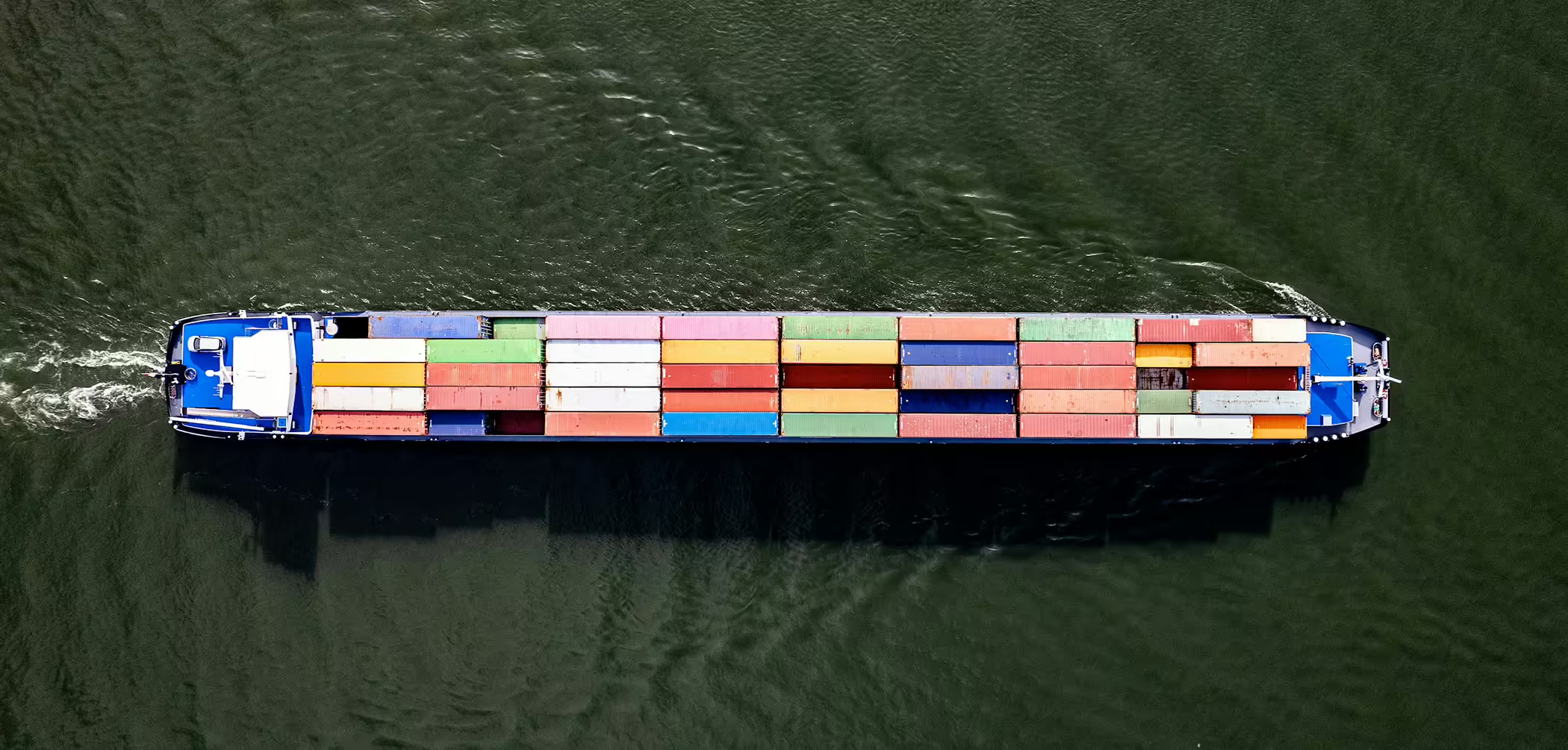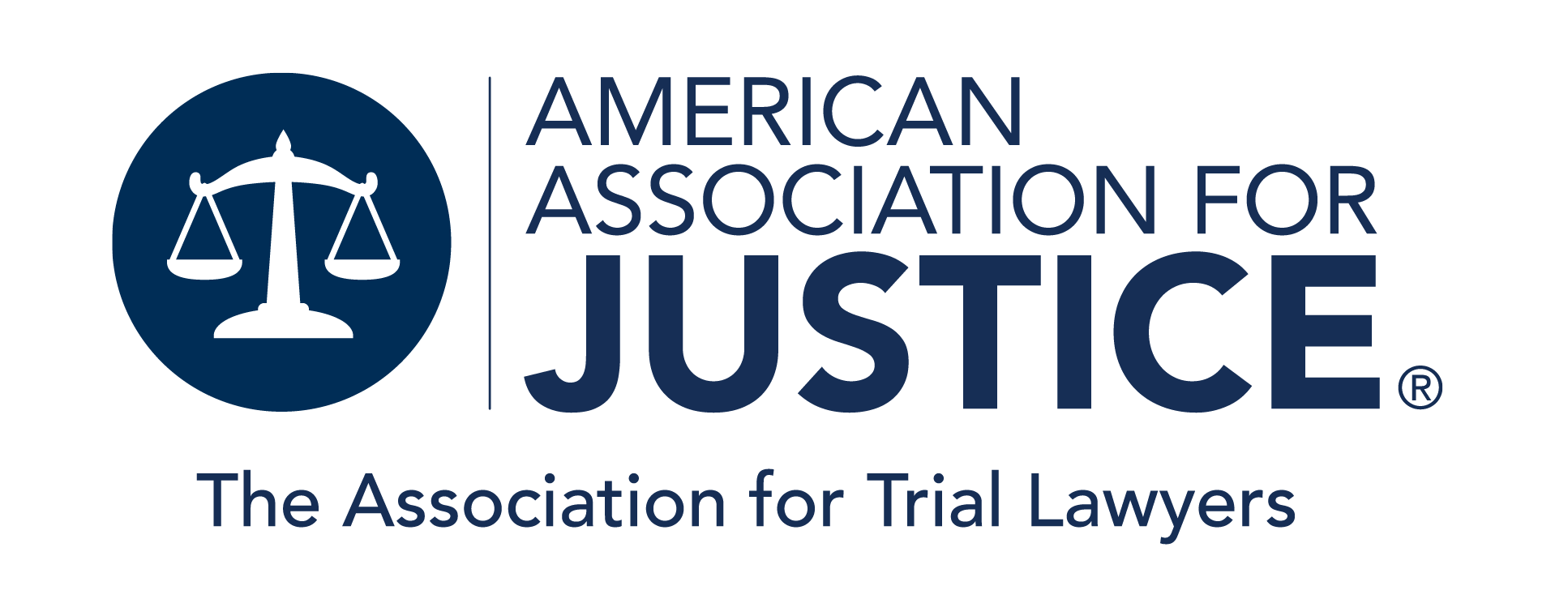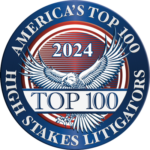Anti-Dumping & Countervailing Duties Fraud
Fraud in the global trade economy.
Anti-dumping and countervailing fraud harms entire companies and entire industries. If you suspect a company is involved in anti-dumping or countervailing duties fraud, get in touch with us.

What are anti-dumping and countervailing duties?
Anti-dumping and countervailing duties are taxes that the U.S. government places on importers when they suspect a company is selling products under fair market value. This allows domestic manufacturers to compete with low cost goods shipped in from other countries, especially China.
Selling goods below fair market value to the U.S.
In today’s global economy, trading with companies from other countries is unavoidable. International trade provides a larger marketplace for consumers, and competition which allows the best products to rise to the top. When foreign entities cheat the market, it hurts U.S. companies in the same industry. This occurs when foreign manufacturers sell goods below fair market value to the U.S. In some cases, companies act alone. In other cases, foreign governments offer assistance and subsidies to companies in their country, allowing companies to abuse the assistance and flood the U.S. market with low cost products. The U.S. has laws in place to offset these trade practices, namely by placing a duty, or tax, on imported goods.
Foreign companies, foreign exporters, and U.S. importers who don’t pay those duties are committing fraud against the U.S. Government. Those who report fraud might be eligible for compensation. If you suspect a company is involved in anti-dumping or countervailing duties fraud, contact the government contractor fraud attorneys at Price Armstrong at +1 888 670 9542 for a free consultation to determine the best path forward for your individual circumstances.
WTO (World Trade Organization)
Members of the World Trade Organization (WTO) must report government subsidies given to domestic manufacturers. However, since China joined the WTO, they have not complied. This causes tension for those who trade with China, including the U.S. Members of the WTO complain about China’s lack of transparency, giving their companies an advantage as they overproduce goods and dump them into the global market.
As of February 2019, the U.S. government has been investigating anti-dumping and countervailing fraud activities in steel imported from China, Canada and Mexico. The Commerce Department alleges 44 Canadian subsidy programs, 26 Chinese subsidy programs, and 19 Mexican subsidy programs for steel production, ultimately hurting the U.S. steel industry. These are just some of the many ongoing investigations.
Tariff Act of 1930
The Tariff Act of 1930, also referred to as the Smoot-Hawley Tariff Act, gave the legal justification to place duties on imports to protect businesses and industries in the United States. The law addresses both anti-dumping and countervailing; under Smoot-Hawley, the presence of the following conditions allow for the imposition of anti-dumping or countervailing duties:
- The country of origin must be a member of the WTO, subject to agreements about subsidies.
- Products imported from one of the WTO member countries must “materially injure” or present a threat to the associated industry in the United States.
- A government commission will investigate WTO members and foreign companies who attempt to engage in unfair trade practices by flooding the market with low cost goods
Company & Government Level
The U.S. calculates anti-dumping duties at the company level, with the intention of bridging the gap between low foreign manufacturer prices and a higher fair market value. The U.S. determines countervailing duties at a government level; the duties typically match the government subsidy, tax break, or assistance to equalize the cost of imported goods with domestic goods in the United States.
Import Quotas
The U.S. government has implemented other protectionist policies besides tariffs to protect U.S. companies from those who try to sell goods below fair market value in the United States. Import quotas are one of those policies. Some administrations have set a maximum number for units allowed to enter the U.S. market. In the 1980s, the Reagan administration implemented a quota on the import of Japanese automobiles, and an international Multifiber Agreement set quotas for the textile industry during the last quarter of the 20th century. Non-tariff requirements also make dumping products in the U.S. market more difficult. For example, requiring companies to put a “Made in XXXXX” label on their goods.
Choosing to speak out about anti-dumping and countervailing duties fraud requires courage, which whistleblower laws reward with protection and compensation. Under the FCA, a whistleblower can report corporate fraud and have their identity sealed during the government’s investigation into the allegations. Federal laws also protect whistleblowers from retaliation; those companies who terminate whistleblowers are required to reinstate employees, give them double back pay plus interest, and compensate them for attorney fees. Finally, the FCA compensates whistle blowers for up to 30 percent of any monies recovered by the government in a qui tam case.
The False Claims Act
The False Claims Act (FCA) provides protection and offers benefits for whistleblowers, and those who commit fraud against the government face penalties under this federal law. FCA serves as the federal government’s strongest tool to fight fraudsters who cost taxpayers billions of dollars each year. Further, in regard to illegal trade activity, fraudsters hurt entire industries.
FCA provides a qui tam provision, allowing whistleblowers to file a lawsuit against those who commit pricing fraud on behalf of the government. When customs fraud occurs during international trade, current and former employees have valuable information for qui tam cases that can help hold companies who commit fraudulent practices accountable.
Whistleblowers are responsible for 72% of the funds recovered since the FCA amendment in 1986.

Detecting companies who commit fraud.
Domestic importers can commit customs fraud in relationship to anti-dumping regulations in three major ways:
- Falsifying the required country of origin marking
- Falsifying the classification of goods
- Failing to pay required duties
One common indicator of anti-dumping fraud is separate records. Companies trying to commit fraud might keep separate books for customs agents and for business, so it appears they are following all the rules. Customs and border protection agents and company employees involved in importation of goods can double check the country of origin found on labels and paperwork and make sure they match shipping manifests. One common strategy used by fraudsters is routing merchandise through a different country and claiming that country as their origin to avoid paying required duties. Verifying the country of origin might require some digging to uncover rerouting practices.
Any discrepancies found surrounding the country of origin might be a simple mistake, but there is a good chance it is an indication of fraud. The same applies to the classification of goods. Some companies might classify goods into different types of products to avoid paying the required tariffs—this is especially common with clothing and food items. Companies might also misreport the weight of products to avoid paying duties, so double-checking the weight on customs documents against the actual weight of packages might also indicate fraud.
Successful anti-dumping & countervailing whistleblower lawsuits.
Unfortunately, anti-dumping and countervailing duty investigations are not uncommon. The United States International Trade Commission (USITC) maintains a list of current investigations, including their current phase. The Department of Justice estimates whistleblower lawsuits recovered more than two billion dollars for the U.S. government in 2018, with a little more than $300 million going to whistleblowers.
Some recent investigations include acetone from Belgium, Korea, Saudi Arabia, Singapore, South Africa, and Spain; ceramic tile products from China; and alloy steel products from Japan. Two recent whistleblower lawsuits resulting in the recovery of millions of dollars under FCA include:
- Virginia’s Basset Mirror Company agreed to pay $10,500,000 in a lawsuit after falsifying customs declarations to avoid paying anti-dumping duties on wooden bedroom furniture from China.
- A Georgia textile importer, American Dawn, agrees to pay $2,338, 879 after they misclassified goods to pay lower duties.
Protection & Rewards
The False Claims Act.
The False Claims Act ensures that any whistleblower who brings claims exposing government fraud is protected. The Anti-Retaliation provision in the False Claims Act establishes that an employee, contractor, agent, or any other type of whistleblower which is employed by the company at issue cannot be retaliated against, or threatened for retaliation, for their actions.
Protection against Retaliation or Harassment.
Retaliation could take the form of harassment, dismissal, demotion or disciplinary measures. Harassment could also include such behaviors as failing to renew the contract of a whistleblower, withdrawing certain privileges (such as access to training), or the loss of responsibilities (marginalization).
Billions have been recovered. Up to 30% awarded.
In 2023 alone, whistleblowers helped the government recover $2.68 Billion. For their courage and assistance, a whistleblower can be awarded 15% to 30% of the amount recovered in their case.





Frequently Asked Questions
Can anyone bring a qui tam or whistleblower action?
If you have specific information about a violation of the False Claims Act or government fraud, then you may bring a qui tam action, unless you are a current or former member of the Armed Forces or convicted of criminal misconduct involving the same misconduct. Even if you are a participant in the fraud, you are allowed to be a whistleblower. In fact, many whistleblower cases are brought by employees or contractors who discover fraud in the course of their employment.
What if I participated in the fraud?
If you unknowingly participated in the fraud, or were coerced by your employer to participate, your whistleblower case and potential compensation will not be impacted. If you knowingly participated in the fraud, consequences and potential earnings will be based on the level of your participation. Do not let your level of participation in the fraudulent activities stop you from contacting a lawyer – your case will remain sealed and confidential.
How are qui tam plaintiffs compensated?
Qui tam plaintiffs receive a percentage of the recovery in the qui tam action. This is usually between 15% and 25% if the government intervenes in the matter. If the government does not intervene, then plaintiffs may receive up to 30% of any recovery. Part of the role of your qui tam attorney should be to advocate for an appropriate compensation for any whistleblower.
How do I file a qui tam case?
A qui tam action is filed in the United States District Court off of the public record. Your qui tam attorney will be able to help you file your complaint and protect your rights during this time.
Will my qui tam case be sealed?
Under the False Claims Act, every qui tam lawsuit is initially filed “under seal” in federal court. This means that the identity of the whistleblower is protected from public disclosure for a period of time to allow the government to investigate the conduct alleged. If you file a qui tam case, this investigation period is crucially and it is important to have attorneys who are experienced and equipped to work in concert with the government.
Does it matter how quickly I file?
Yes, when you file your whistleblower lawsuit can be important, for at least two reasons. First, all claims under the False Claims Act are subject to a statute of limitations which can prevent recovery if a case is brought too late in some circumstances. Second, particularly for fraud that is widespread throughout a company, multiple cases may be filed by different whistleblowers. As the False Claims Act provides for the anonymity of whistleblowers to be protected during the investigation phase of qui tam cases, only the government may know of the extent of these filings. A “first to file” rule can apply which limits the role and recovery of any subsequent whistleblower who files after the first case.
Is government contractor fraud common?
Government contract fraud is more common than many believe. One of the primary examples of government contractor fraud comes from defense contractors. The U.S. spends hundreds of billions each year on our national defense. Some of the ways defense contractors attempt to perpetrate fraud on the federal government include:
- Inflating the charges and costs of items;
- Violating the Truth-in-Negotiations Act;
- Providing military items which fail to conform to the original contract;
- Improperly allocating costs;
- Improperly substituting products;
- Cross-charging;
- Price-fixing;
- Collusion and bid-rigging;
- Overcharging for materials, labor or supplies, and
- Falsifying information to convince the government to agree to a contract.
Reach out and take advantage of our free case evaluation.
All your communications with PriceArmstrong will be kept confidential and, if we take your case, there are no-out-of pocket costs to you.